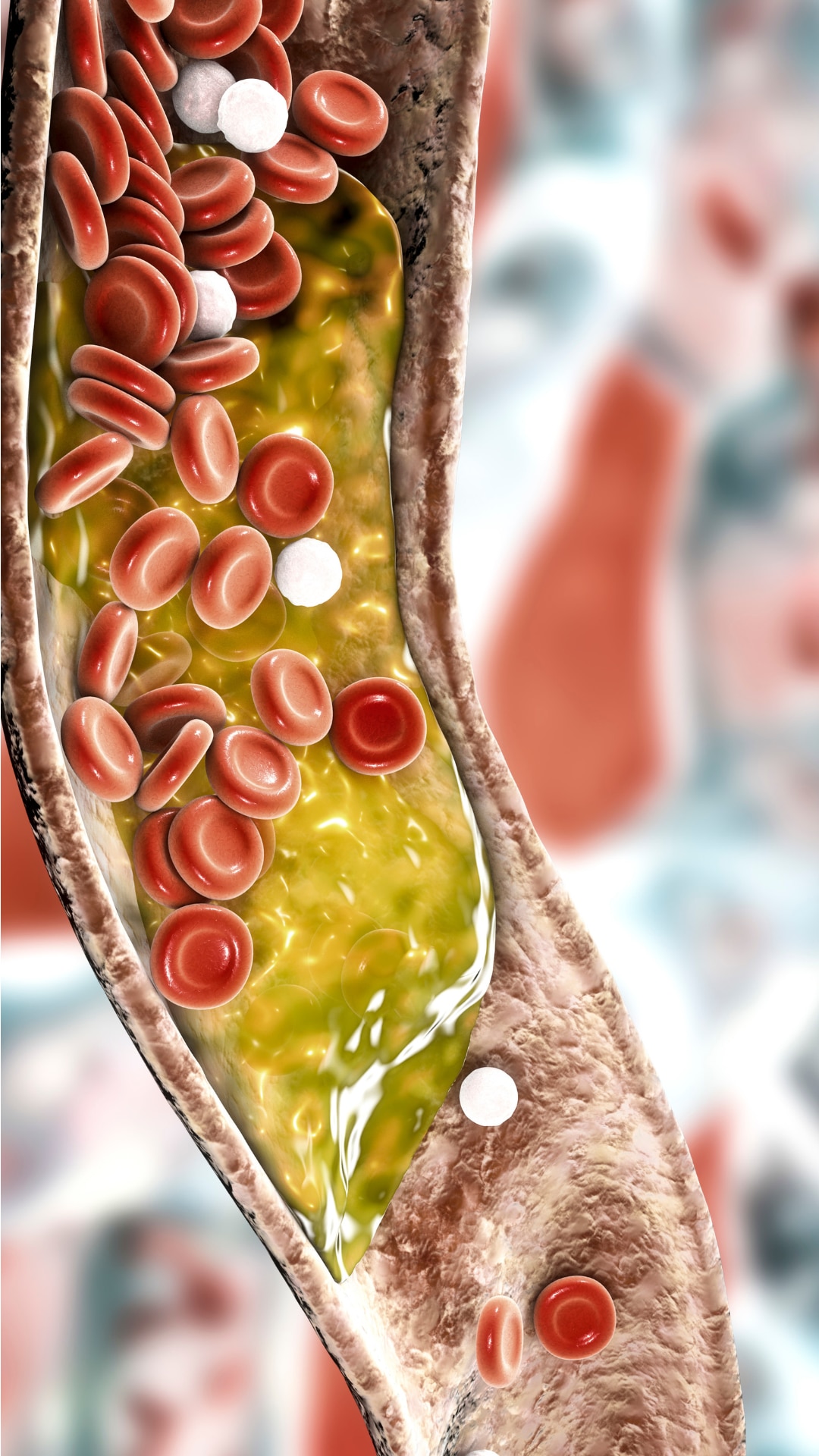
All You Need To Know About Triglycerides


Understanding Triglycerides:


Triglycerides are a type of lipid, or fat, found in your blood.


They are formed from glycerol and three fatty acids, which combine to create a substance that the body utilizes for energy.

When you consume more calories than your body requires for immediate energy needs, the excess calories are converted into triglycerides and stored in fat cells throughout the body.

Later, when energy is needed, such as between meals or during physical activity, triglycerides are released into the bloodstream to fuel various bodily functions.

Role of Triglycerides in Health:
Triglycerides play a crucial role in providing energy for cellular function, particularly during periods of fasting or increased activity.

However, consistently high levels of triglycerides can contribute to the development of cardiovascular diseases such as heart disease and stroke.

Elevated triglyceride levels are often associated with other risk factors, including obesity, diabetes, and metabolic syndrome.
